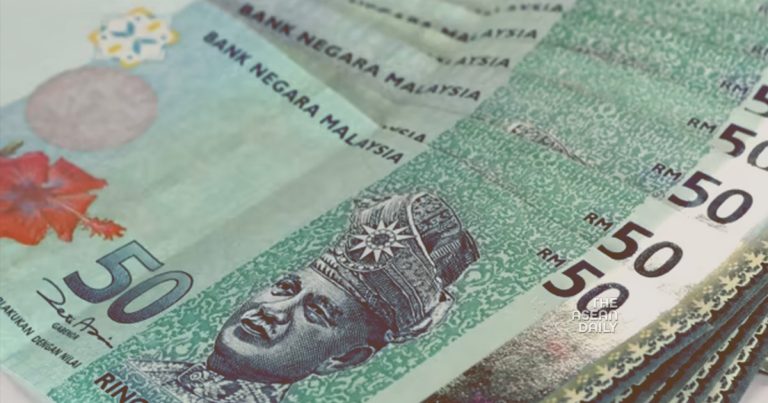5-10-2024 (KUALA LUMPUR) Prime Minister Anwar Ibrahim has expressed confidence in the Malaysian ringgit’s potential for further appreciation, despite its recent surge against the US dollar and its emergence as Southeast Asia’s top-performing currency.
In a recent interview with CNBC, the Prime Minister, who also holds the finance portfolio, stated, “The ringgit is still undervalued, even at RM4.10 per US dollar. People remember when it traded at RM3.80, but it’s prudent to allow it to strengthen gradually without intervention.”
Anwar emphasised the importance of letting market forces dictate the currency’s trajectory, asserting that this approach would “reflect confidence in government policies and our implementation of reforms.”
The Prime Minister’s comments come amidst a period of volatility for the ringgit. On a Friday-to-Friday basis, the Malaysian currency experienced a slight depreciation, falling to 4.2155/2240 against the US dollar from 4.1230/1280 the previous week.
However, the overall trend remains positive. BMI Country Risk & Industry Research, a unit of Fitch Solutions, has revised its end-2024 forecast for the ringgit to RM4.00 per US dollar, a significant adjustment from its previous projection of RM4.55. This revision reflects the currency’s robust performance in the third quarter of 2024.
Some market analysts are even more bullish, with predictions suggesting the ringgit could potentially reach RM3.55 against the greenback.
Addressing concerns that a stronger ringgit might adversely affect Malaysia’s export-driven economy, Anwar downplayed the issue. “Yes, it will cause some concerns among exporters, but not too many and not too serious, as the ringgit is still undervalued,” he stated.
The Prime Minister further highlighted the benefits of a stronger currency for Malaysia’s trade position. “It has benefited us immensely because we are a trading nation and import a lot from overseas,” Anwar explained, suggesting that the positives of a stronger ringgit outweigh potential drawbacks for exporters.
Anwar’s stance underscores the delicate balance Malaysia must strike between maintaining export competitiveness and leveraging the advantages of a stronger currency for imports and overall economic stability.




